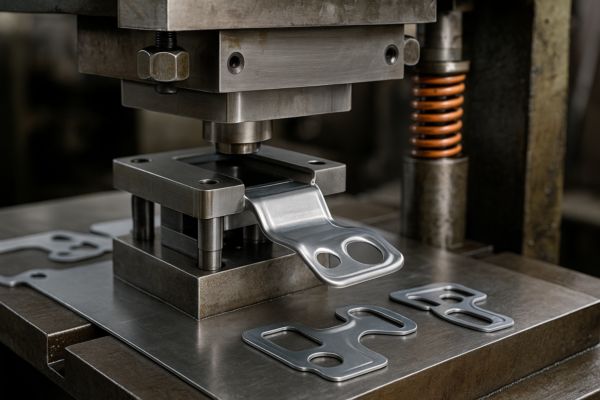Where Do Humans Get Magnesium From?

Magnesium is essential to life — but where do we get it?
Humans get magnesium mainly from food, water, and supplements; the body stores most of it in bones and muscles.
Let’s explore the natural sources, body functions, and depletion factors related to magnesium in human health.
What food has the highest magnesium?

Looking to boost your magnesium intake through food?
Foods highest in magnesium include pumpkin seeds, almonds, spinach, and black beans.
Top magnesium-rich foods:
| Food Item | Magnesium Content (mg per 100g) |
|---|---|
| Pumpkin seeds (roasted) | ~535 mg |
| Almonds | ~270 mg |
| Spinach (boiled) | ~87 mg |
| Black beans (cooked) | ~70 mg |
| Dark chocolate (70–85%) | ~228 mg |
A balanced diet rich in nuts, leafy greens, whole grains, and legumes is key. At Prime, while we manufacture magnesium alloy parts, we’re also inspired by how nature integrates this element into everyday health.
How do humans get magnesium naturally?

You don’t need a lab to get magnesium — your body absorbs it every day.
Humans naturally absorb magnesium from food, mineral water, and to a lesser extent, skin contact or supplements.
Main natural intake sources:
- Dietary intake: Leafy greens, nuts, seeds, legumes, and whole grains.
- Drinking water: Especially hard water with dissolved minerals.
- Topical absorption: Through magnesium chloride sprays or Epsom salt baths (limited effect).
| Source Type | Daily Contribution (%) |
|---|---|
| Diet | 90–95% |
| Water | 2–5% |
| Topical/supplement | Varies by usage |
Just like the human body needs pure, bioavailable magnesium, Prime sources high-purity magnesium for CNC precision parts to meet exacting global industry standards.
Where is the most magnesium stored in the body?

Ever wonder where magnesium goes once you absorb it?
About 60% of the body’s magnesium is stored in bones, while the rest is in muscles, soft tissues, and blood.
Magnesium distribution in the human body:
| Location | Approximate Share (%) |
|---|---|
| Bones | 60% |
| Muscles | 20% |
| Other soft tissues | 19% |
| Blood serum | <1% |
Though blood tests are common, they only reflect a tiny fraction of total body magnesium. At Prime, we apply the same principle of strategic distribution when designing magnesium alloy components, reinforcing areas where strength and lightness are most critical.
What depletes magnesium in the human body?

Magnesium enters the body easily — but it can leave just as fast under certain conditions.
Magnesium depletion is caused by poor diet, stress, alcohol, medications, and digestive issues.
Common depletion triggers:
- High stress levels: Burn through magnesium rapidly.
- Excessive alcohol or caffeine: Increases magnesium loss via urine.
- Certain medications: Diuretics, antibiotics, and proton pump inhibitors.
- Gastrointestinal problems: Poor absorption in conditions like IBS or Crohn’s disease.
| Depleting Factor | How It Affects Magnesium |
|---|---|
| Alcohol consumption | Increases urinary loss |
| Chronic stress | Raises magnesium metabolism |
| Diuretics and antibiotics | Impair reabsorption or excretion |
| Poor diet | Insufficient intake |
At Prime, we understand the importance of stability — whether in human health or ISO-certified magnesium components. That’s why our production methods minimize waste, ensure long-term durability, and support your success in the global supply chain.
Suggested visual:

Prime’s inspection of magnesium batch — industrial stability that mirrors biological importance
Conclusion
Humans get magnesium from food and water, store it mostly in bones and muscles, and lose it through stress, diet, and medications.
Need industrial magnesium parts as essential and reliable as magnesium in the human body? Contact Prime today! We provide fast delivery, high-purity materials, and custom manufacturing solutions — send your inquiry now and get a free quote!







